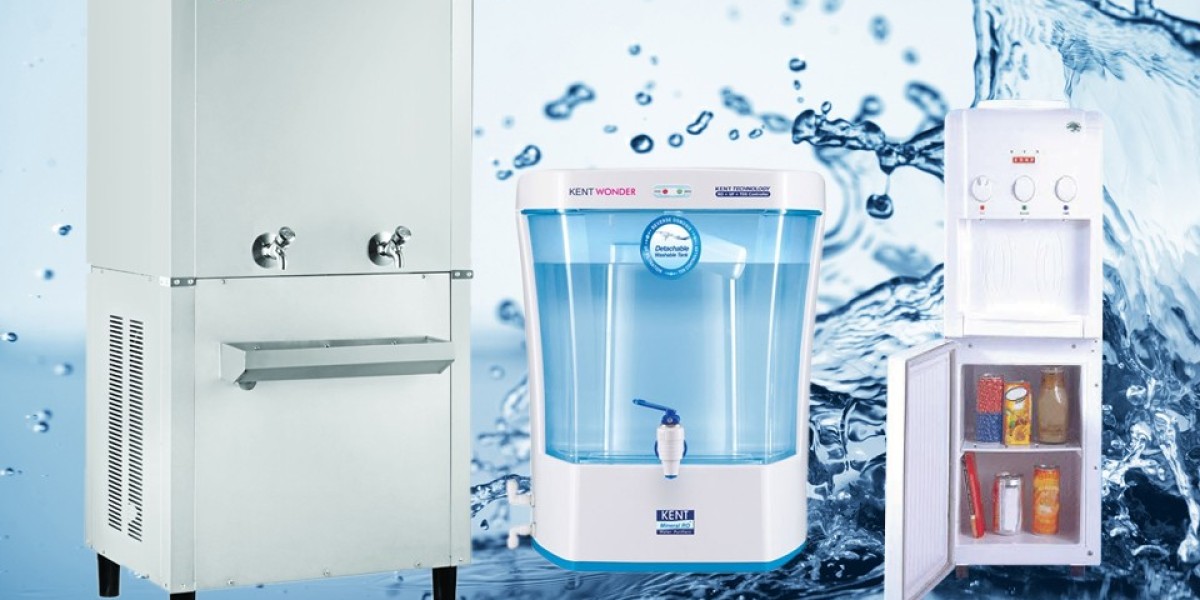A filtered water dispenser is a convenient appliance that provides clean and purified drinking water. It typically consists of a water reservoir, a filtration system, and a dispensing mechanism. Here's how it works:
Water Source: Filtered water dispensers are usually connected to a water source, such as a tap or a water line. Some models also come with a built-in water tank that you can fill manually.
Filtration System: The key component of a filtered water dispenser is its filtration system. This system is designed to remove impurities, contaminants, and unwanted substances from the water. Common types of filtration technologies used in these dispensers include activated carbon filters, reverse osmosis, UV purification, and ceramic filters. The choice of filtration technology depends on the specific model and the level of purification desired.
Filter Replacement: Over time, the filter in the dispenser will become saturated with impurities, and its effectiveness will decrease. It's essential to replace the filter at regular intervals as specified by the manufacturer to ensure that the water remains clean and safe to drink.
Dispensing Mechanism: Filtered water dispensers come with a user-friendly dispensing mechanism. This can be in the form of a tap, a push-button, or even a touchless sensor, depending on the model. When you want water, you simply engage the dispenser, and the filtered water is released into a glass, bottle, or other container.
Temperature Control (Optional): Some filtered water dispensers also have the added feature of temperature control. They can provide cold water, hot water for beverages like tea or coffee, and even room-temperature water.
Benefits of a filtered water dispenser:
Improved Water Quality: Filtered water dispensers remove common contaminants such as chlorine, lead, sediment, and bacteria, resulting in better-tasting and healthier drinking water.
Convenience: They provide instant access to clean water without the need for bottled water or waiting for a pitcher filter to work.
Eco-Friendly: Using a filtered water dispenser can reduce plastic waste from single-use water bottles.
Cost-Effective: Over time, a filtered water dispenser can be more cost-effective than buying bottled water regularly.
Customization: Some models allow you to choose the level of filtration or water temperature to suit your preferences.
In summary, a filtered water dispenser is a practical and environmentally friendly way to ensure you have access to clean and purified water at home or in an office setting. It offers convenience, better water quality, and the potential for cost savings compared to bottled water.



